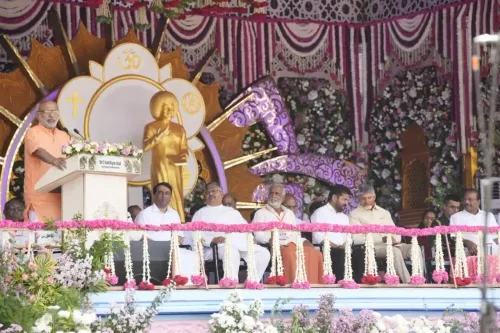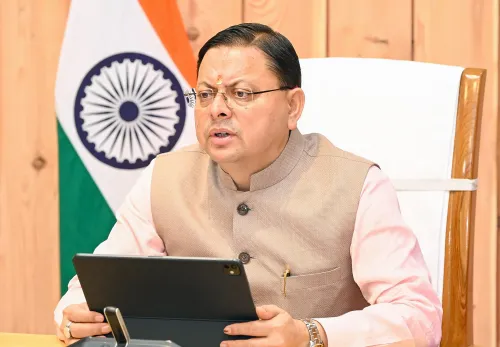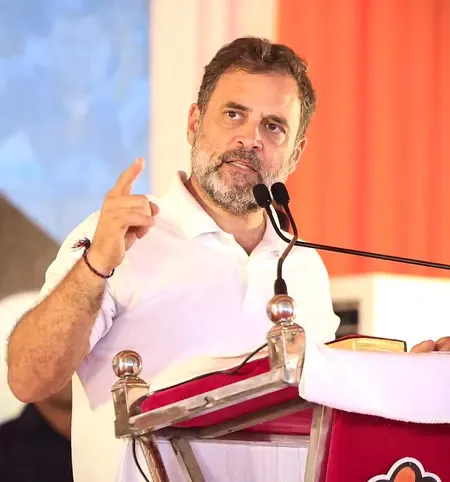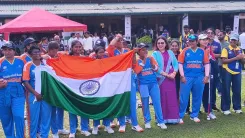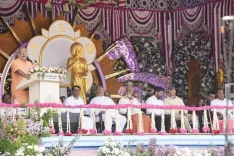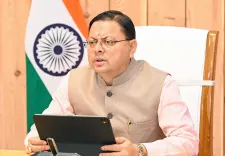Will the Supreme Court Hear the Plea for Restoring J&K Statehood on August 8?
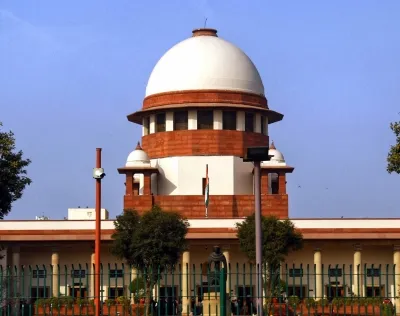
Synopsis
Key Takeaways
- The Supreme Court is set to hear a plea for Jammu and Kashmir's statehood on August 8.
- This decision follows months of uncertainty affecting the region's citizens.
- The court's previous ruling left questions about the restoration of statehood open.
- The Election Commission has been directed to organize elections by September 30, 2024.
- The Solicitor General has acknowledged the need for restoration but cited no specific timeline.
New Delhi, Aug 5 (NationPress) The Supreme Court has agreed to address a plea on August 8 that calls for the timely restoration of statehood to Jammu and Kashmir. Chief Justice of India (CJI) B.R. Gavai confirmed that this matter will be taken up following a mention by senior advocate Gopal Sankaranarayanan.
The petition argues that despite the passage of several months since the Supreme Court's ruling, the statehood of J&K remains unaddressed, which is severely impacting the rights of its citizens and undermining the principles of federalism.
In the ruling regarding Article 370 of the Constitution, a 5-judge Constitution Bench, led by former CJI D.Y. Chandrachud, left unresolved whether Parliament could alter statehood by transitioning a state into one or more Union Territories. This was based on the assertion by Solicitor General Tushar Mehta that statehood would eventually be restored to Jammu and Kashmir.
However, the court directed the Election Commission of India to initiate the process for legislative assembly elections in Jammu and Kashmir by September 30, 2024, emphasizing that the restoration of statehood should occur as swiftly as possible.
The Constitution Bench, which included Justices S.K. Kaul, Sanjiv Khanna, B.R. Gavai, and Surya Kant, reaffirmed the status of Ladakh as a Union Territory, as permitted under Article 3(a) of the Constitution, which allows for the creation of a Union Territory through the division of a state.
During the hearing, SG Mehta stated that the Union Home Ministry could not provide a specific timeline, indicating that the restoration of statehood in Jammu and Kashmir would require some time.
Last May, the Supreme Court declined to revisit the Constitution Bench's ruling and dismissed various review petitions challenging the decision that upheld the revocation of Article 370 as legitimate.
A five-judge bench led by former CJI Chandrachud rejected requests to have the review petition heard in open court, asserting that there were no apparent errors in the record and that the criteria for a review under Supreme Court Rules, 2013 were not met.


